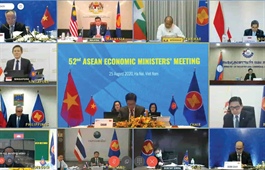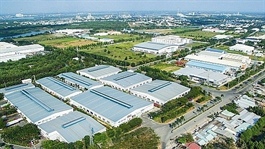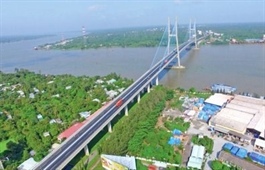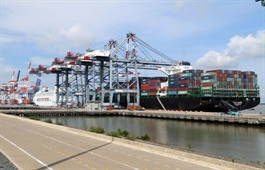FDI creates jobs, but does it eliminate poverty?
FDI creates jobs, but does it eliminate poverty?
A World Bank report shows that workers in sectors and regions receiving high foreign direct investment (FDI) flows are more likely to find formal employment and receive higher wages, however, there is limited evidence on the effects on income distribution.
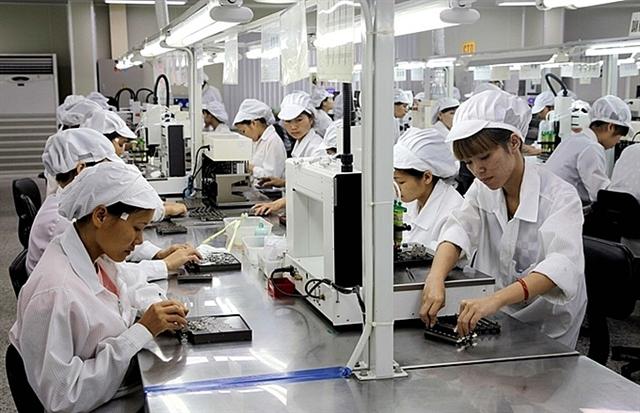
FDI to create jobs and remove poverty
|
According to the Global Investment Competitiveness Report 2019-2020 just released by the World Bank, many countries aim to attract foreign investment to help create jobs and reduce poverty. Yet the empirical evidence on the direct poverty-reducing effects of FDI is surprisingly scarce, especially in developing countries. At the same time, little is known about the aggregate effects of FDI on income distribution.
Analysis of unique firm-level and household data from Ethiopia, Vietnam, and Turkey shows that foreign-invested enterprises (FIEs) create new jobs and pay higher wages than domestic counterparts. Workers in sectors and regions with a higher presence of FIEs are generally more likely to be formally employed and receive higher wages.
FDI allowed more than 350,000 individuals to enter formal manufacturing employment in Vietnam between 2007 and 2016, and at least 40,000 in Turkey between 2009 and 2016. FDI also raised average manufacturing wages by 32 per cent in Ethiopia, 12 per cent in Vietnam, and 8 per cent in Turkey.
Consequently, FDI-induced wage increases helped reduce poverty in all three countries. Conservative estimates suggest that FDI contributed to lifting at least 35,000 individuals out of poverty in Ethiopia during 2009–2014; 24,000 in Vietnam (2007–2016); and 15,000 in Turkey (2009–2016).
Although the FDI-induced wage increases helped improve the incomes of the bottom 40 per cent of the population in all three countries, the effects across the entire income distribution differed significantly across countries. In Ethiopia, the benefits of FDI were more concentrated in the bottom 40 per cent, while in Vietnam, the welfare gains were more evenly distributed. Turkey had the greatest average wage benefits from FDI but also experienced increases in wage inequality.
However, FDI can also contribute to inequality by disproportionately benefiting better-educated and higher-skilled workers. When comparing regions and sectors with higher FDI activity with those with no FDI, higher-skilled workers experience large benefits while low-skilled workers may see no changes or even experience relative short-term declines in informal employment and wages.
The possible adverse effects of FDI on income inequality and lower-skilled workers emphasise the importance of a country’s labour market and education policies. Key policies include strengthening the absorptive capacity of domestic firms and workers (for example, through programmes that foster FDI-supplier linkages and employment training); supporting vulnerable communities (such as lower-skilled workers, youths, and women) with active jobs information, provision, and skills certification; and establishing programmes to stimulate labour mobility within the countries.







